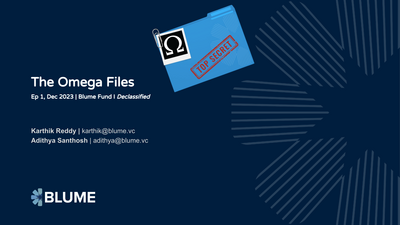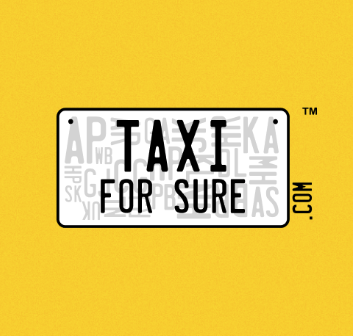How did TaxiForSure get acquired for $200 million?
- Episode
- 6
- Published
- Reading Time
- 2 minutes
- Contents
For episode 6 of Pathfinders, we have Aprameya Radhakrishna of Taxi For Sure
TaxiForSure, which was acquired by Ola in 2015 for $200 million , is often touted be one of India’s ride-hailing pioneers.
What are 2-3 of the major milestones/pivots of your journey?
I think TaxiForSure was a really fast-paced journey. The entire journey spanned three and a half years, during which we took numerous actions on the business front—engaging with drivers on one side and users on the other. One pivotal moment where we changed our strategy was about two and a half years in. We had been focused on achieving unit economics positivity in Bangalore before expanding to Delhi. However, the market dynamics shifted dramatically. Ola was raising more money and prioritizing market share over unit economics, even reducing their prices significantly.
In response, we made a strategic price change, offering rides at 49 rupees for the first four kilometers. This move sparked a new behavior of booking cabs for short distances, and it propelled our rides from 7,000 to 40,000 per day. This increase in rides was crucial as it allowed us to demand a better price when we were about to sell the company. The last bump in rides significantly impacted the sale price, demonstrating the direct correlation between ride volume and company valuation.
What skills have you discovered about yourself through this entrepreneurial journey?
One skill I discovered was my ability to make decisions based on general trends and behaviors rather than solely relying on data. I found that I could gauge how users, employees, or drivers might react and then make informed decisions. While I might have doubted myself before the TaxiForSure journey, this experience bolstered my confidence in my decision-making abilities.
Another skill I realized was my creativity. Early in our journey, we created a catchy jingle for our contact number, "60, 60, 10, 10," which became popular in Bangalore and eventually in other cities. This experience allowed me to blend my passion for singing and music with business, leading to a creative phase that was both enjoyable and effective. These realizations helped me overcome self-doubt and trust in my capabilities.
What has your journey with Blume been like?
When we were starting off, Blume was also in its early stages. We got introduced through Accel, with Prashanth Prakash suggesting I talk to Karthik from Blume, who was just starting out. While Accel and Helion were taking their time to decide, Karthik made a quick decision. By the time Accel and Helion came back with their decisions, we had all three on board.
At that point, we could have managed without Blume's cheque, but our interaction with Karthik made a significant impression. He was not only a great person but also had a deep understanding of the space. We strongly advocated for Blume to be on our cap table and accepted their cheque as well. This experience highlights a core value of Blume—being genuinely founder-friendly, not just in words but in actions. We were among the first 5 to 10 cheques Blume wrote, and their supportive approach back then is a testament to why Blume has become what it is today.



